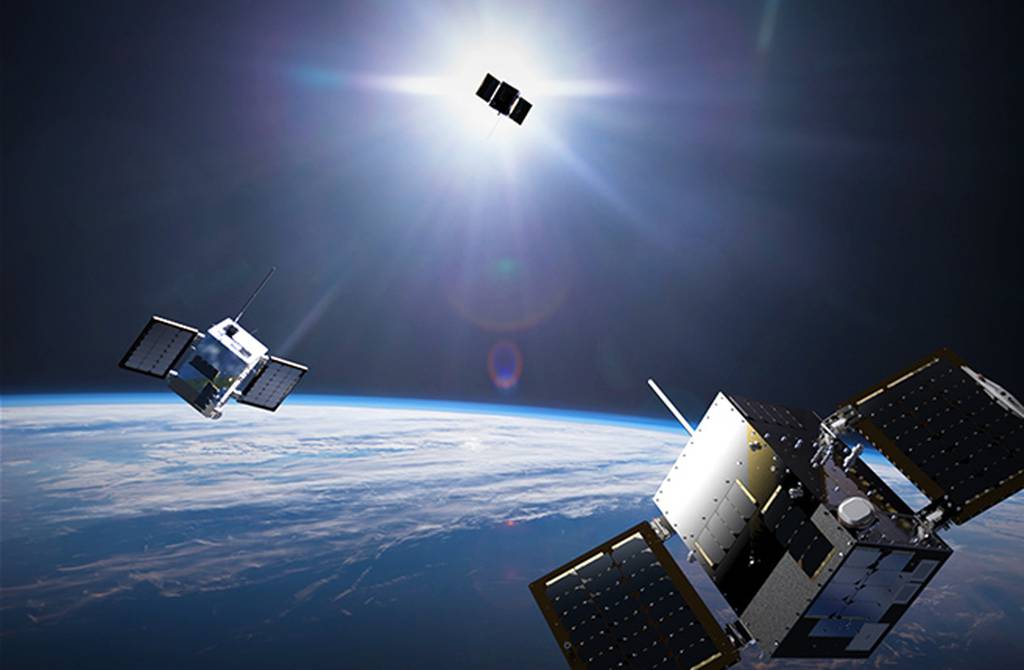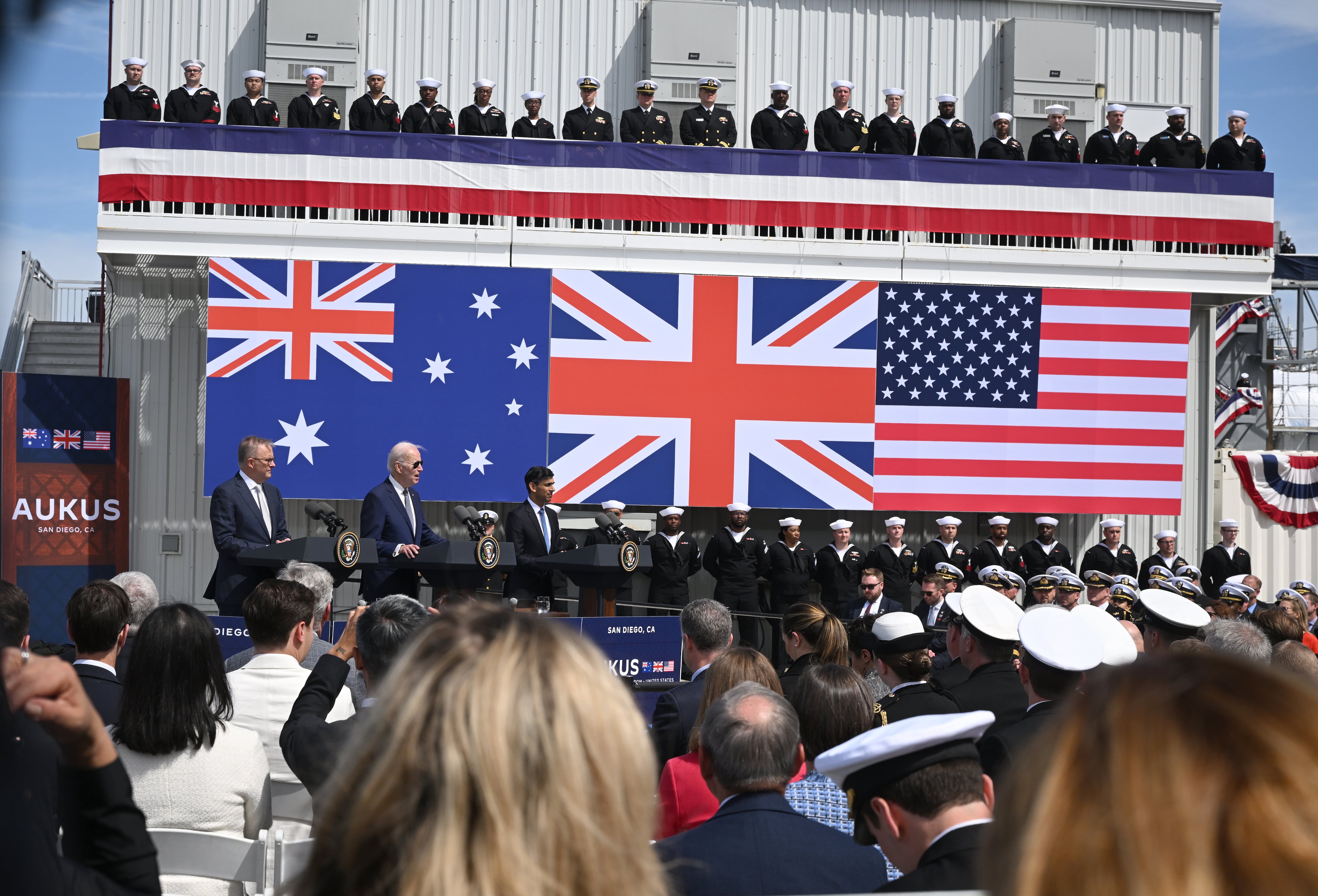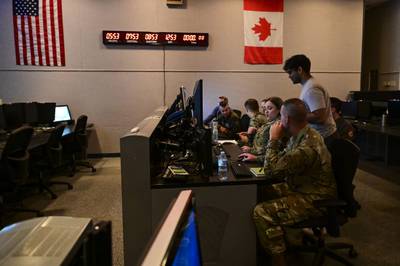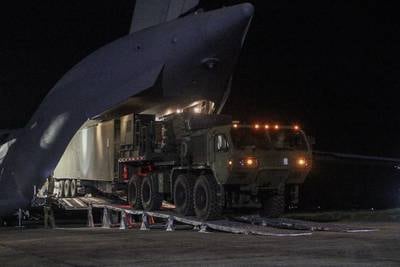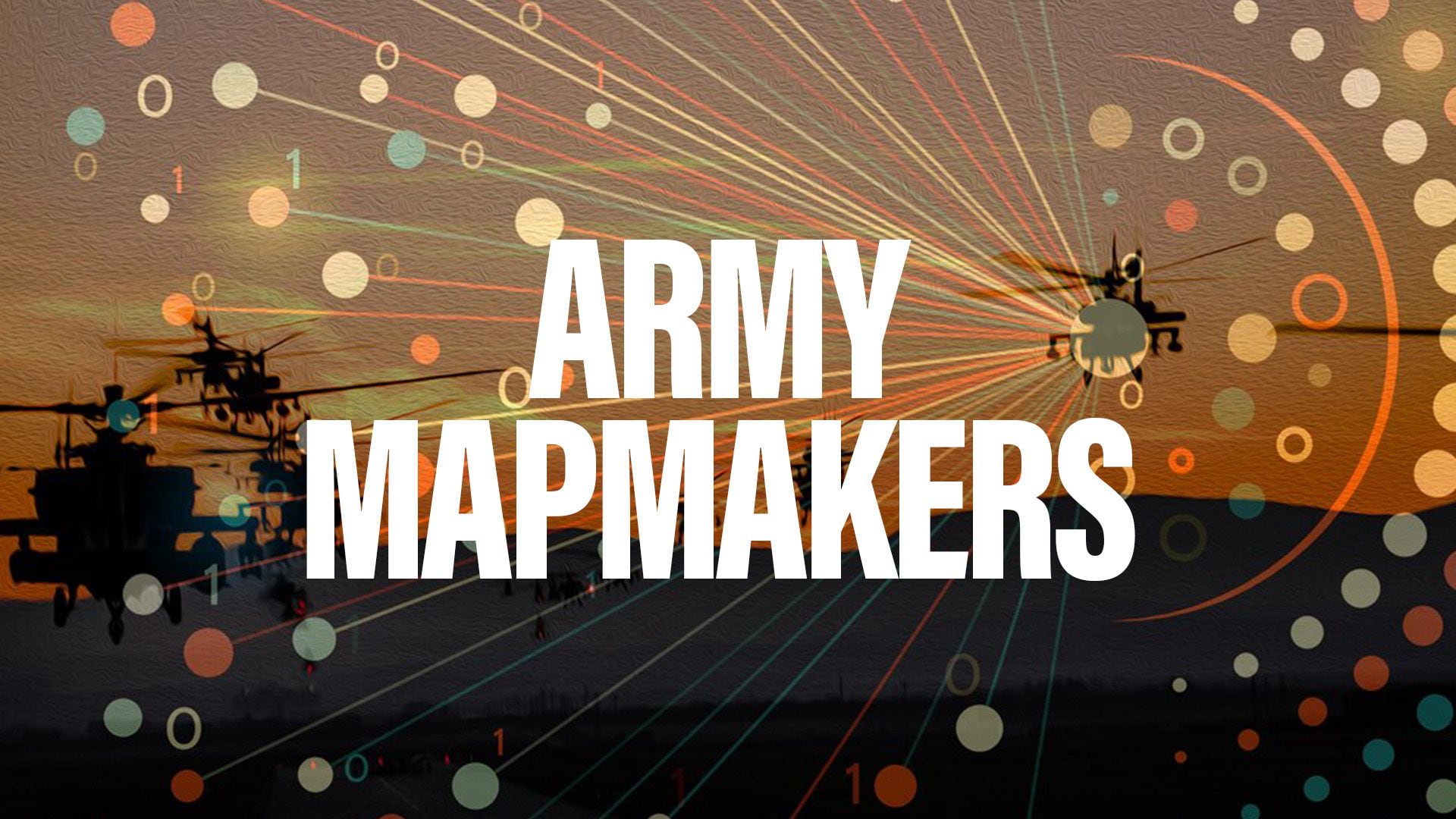WASHINGTON — Using a little known contracting method, the National Geospatial-Intelligence Agency is now able to test out the commercial capabilities it’s interested in before it buys them.
NGA Head of Commercial GEOINT Dave Gauthier says the use of bailment agreements is helping the service get access to commercial solutions and integrate them with existing systems and processes faster. Bailment agreements are a contracting tool that essentially allows the agency to purchase commercial services for a brief period of time, test them out, and provide feedback to the provider.
Bailment agreements can be set up in less than two to three weeks using standard language, and the contracts usually only run for about two months, but can run as long as a year. When the agreement ends, NGA can either pursue a long-term contract with the company or go in a different direction.
“I think it’s a tool that’s been available, and has been, I would say, rarely used in the history of working with commercial industry. And you know in 2018, one of our ambitious action officers basically said, ‘Why don’t we start trying to use bailment agreements to get access to some of these commercial solutions quicker, and help us do evaluations to see if they’re able to meet our mission needs?’ And so we gave it a shot,” said Gauthier.
The agency’s use of bailment agreements has picked up quickly. Starting with just three in 2019, the agency issued another five in 2020 and is set to issue 20 by the end of this year.
And the new “try before you buy” approach is already bringing new commercial services online for the agency.
On Sept. 15, NGA announced it had issued Geospark Analytics a contract for its artificial intelligence solution, which uses machine learning to process open source intelligence — news reports, social media, economic data, weather and more — to provide real-time insights and threat forecasts. But before it issued the company a contract, it tested out the new capabilities with a bailment agreement. Assessing the AI tool against a variety of the NGA’s mission areas, the agency found it could provide significant value.
And in another case, NGA was able to leverage a study contract issued by the National Reconnaissance Office to test out a new product. Using a 2019 study contract with Hawkeye 360 on the company’s commercial radio frequency data service — which uses satellites to locate and identify RF emissions all over the world — NGA was able to launch the RF GEOINT Pilot program to test out the newly available data on a trial basis. That pilot program led to an official request for proposals for commercial RF capabilities, and on Sept. 30 Hawkeye 360 announced it had won a contract from NGA.
In addition to pilot programs and bailment agreements, NGA has followed in the footsteps of other agencies and DoD organizations in adopting the use of Other Transaction Authority agreements to fuel rapid prototyping. That effort has helped the agency find new partners and solutions, such as turning to a company with expertise in check scanning to save and digitize its massive, deteriorating film collection.
The agency can use bailment agreements for any kind of service or data industry wants to provide, including emerging commercial capabilities such as space-based synthetic aperture or analytics.
Bailment agreements have also helped the agency get used to adopting commercial solutions on a cultural level, something that’s been difficult for an agency used to having a monopoly on satellite imagery analysis. Gauthier said he’s found letting NGA analysts test and work with commercial products in a limited environment increases their willingness to adopt those products later on.
Gauthier said he hopes NGA’s success with bailment agreements leads to conversations with its intelligence agency and Department of Defense partners, encouraging more of them to use “try before you buy” approaches.
“We’re trying to inform each other what it was used for, whether it had good mission utility, whether we have good customer feedback. We’re all trying to learn as best we can from each other, as we engage the commercial market,” said Gauthier.
Nathan Strout covers space, unmanned and intelligence systems for C4ISRNET.
